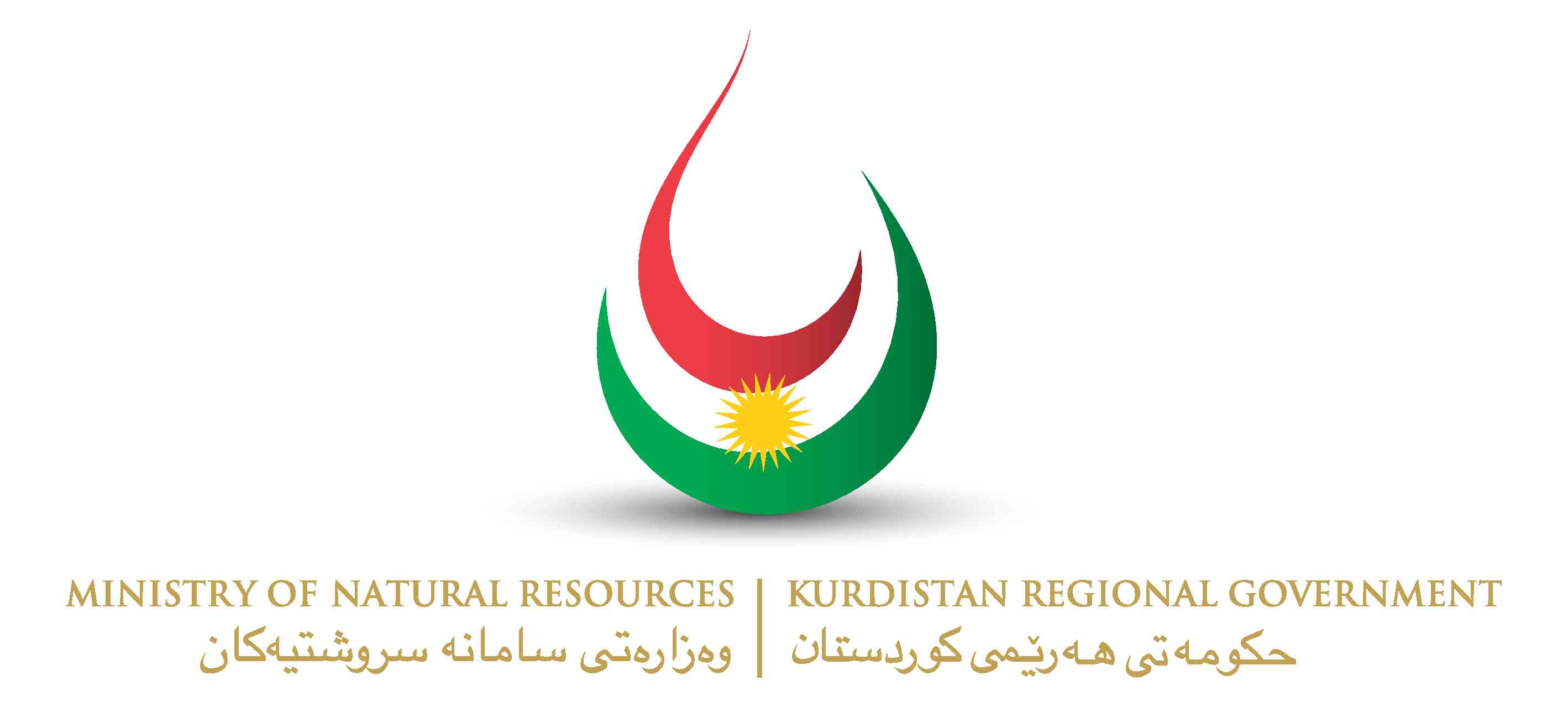
Erbil, Kurdistan Region, Iraq (mnr.krg.org) - The scale of daily trucking operations in the Kurdistan Region related to activities in the oil and refining sectors is highlighted in a report entitled The Movement of Oil and Refined Products by Trucking in the Kurdistan Region, published today by the KRG Ministry of Natural Resources (MNR).
The report reveals that on any given day in the Kurdistan Region, an estimated 5,370 road journeys are undertaken by tankers in operations related to activities in the oil and gas sector.
Of those journeys, 3,745 are made by domestic fuel tankers and 1,625 by international tankers.
As the Kurdistan Region further develops the infrastructure to move oil and refined products via an enhanced pipeline network, trucking will continue to play a vital transitional role in the efficient performance of the oil and gas industry, thereby aiding the economic viability of the Kurdistan Region.
MNR estimates that with improvements to the Region’s oil transport infrastructure and the transition of the Region’s power stations to run on piped natural gas instead of trucked diesel, the number of daily tanker journeys will fall to 1,641 journeys by the 1st quarter of 2018.
MNR has compiled the factual information on trucking movements in the Kurdistan Region to aid public understanding and to correct some of the false claims made about trucking by some media organizations and politicians.
The statistics published today also provide a detailed breakdown of the reasons for the journeys that are undertaken daily by the tankers.
For example:
Refining at Kalak and Bazian Refineries
- 2,163 daily tanker journeys are involved in the Kalak and Bazian refinery chain.
- While 85,000 bpd of crude oil is already delivered by pipeline from the Khurmala oil field to the Kalak refinery, 400 truck journeys are made delivering 35,000 bpd crude oil from the Taq Taq oil field to the Bazian refinery. A pipeline connecting Taq Taq to the Bazian refinery is expected to come on line by Q4 2017.
- Once the crude oil has been refined, tankers are also used to transport and distribute the products direct from the refineries. The refined products transported by truck include: gasoline and kerosene, for public use; diesel and fuel oil to supply power plants and industry; jet fuel, which is used at the Region’s airports; naphtha and fuel oil, most of which is used in industry but some of which is traded abroad by private sector trucking companies.
Oil Swaps with Local Traders for Diesel
- To obtain sufficient diesel to supply the Region’s power plants, the Kurdistan Regional Government (KRG) swaps crude oil with domestic traders who truck fuel to topping plants and provide diesel and other products in return.
- Heavy oil from the Region is trucked abroad by a Turkish company, and in return diesel is imported to the Kurdistan Region.
- On a daily basis, these swaps account for 1028 truck journeys, 510 by domestic tankers, 518 by international tankers.
International oil product purchases
* The KRG purchases and imports volumes of diesel, which are then trucked into the Region.
* Private traders also import oil products purchased internationally into the Region, for their own use.
* The transport of international product purchases accounts for 1,292 journeys daily.
Condensate and LPG
* Tankers transport condensate and LPG from the producing field at Khor Mor to factories and power plants, or into storage by KRG or in Turkey.
- 400 truck journeys daily are made by tankers in this regard.
Injections to KRG Export Pipeline
- 55,000 barrels of crude oil per day are taken by truck to Erbil and Dohuk from the producing fields in the KRG that are not yet linked to a pipeline and then injected into the KRG export pipeline to Ceyhan.
- This operation involves 488 truck journeys daily.
- Details
- Category: PRESS RELEASES
- Published: 11 November 2015
- Hits: 5123